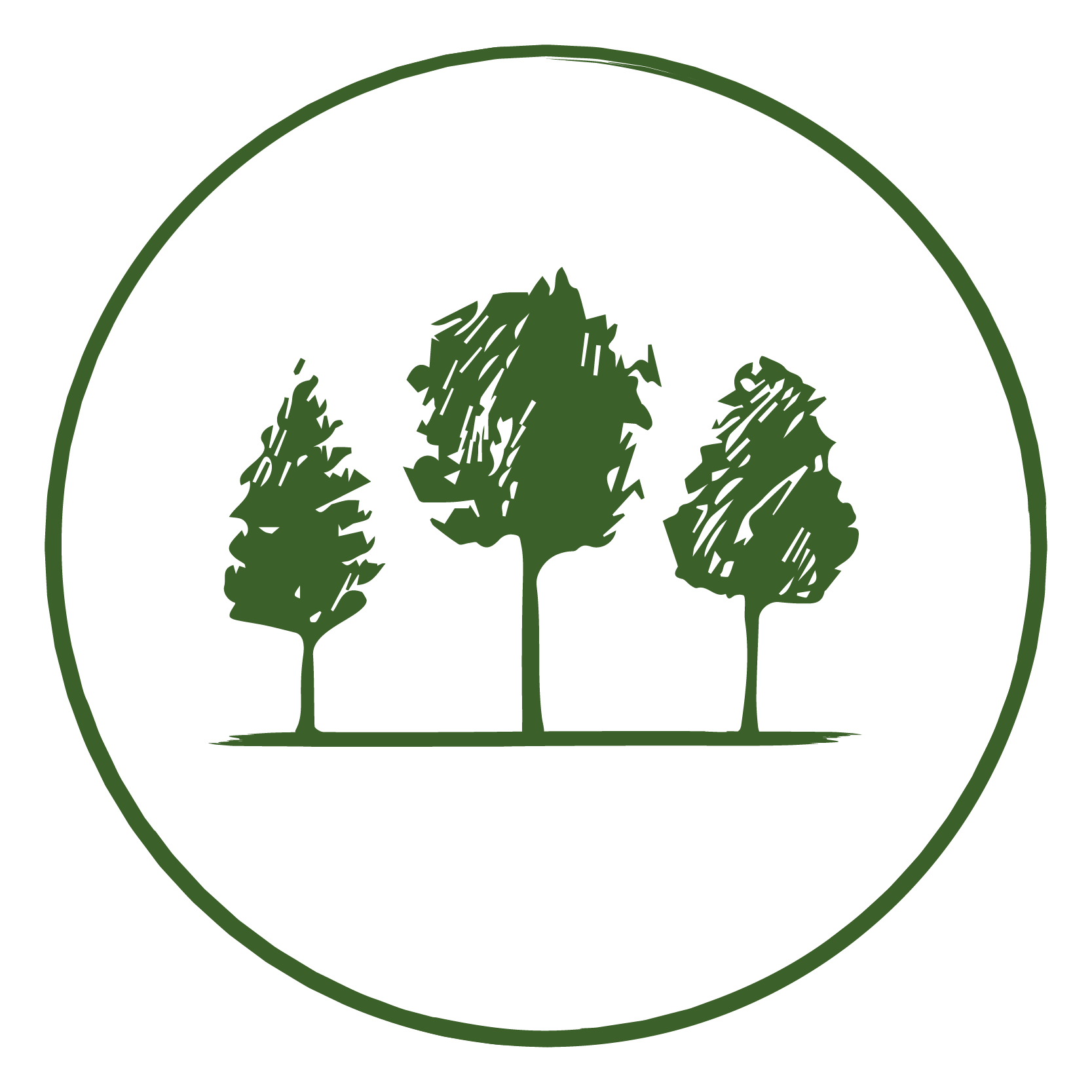July is BIPOC Mental Health Awareness Month
Written by Anne Marie Olbrot
Black, Indigenous, and People of Color (BIPOC) face unique challenges when it comes to quality of care and access to mental health services.
A Brief History
Originating in 2008 in memory of author, teacher, and Mental Health Advocate, Bebe Moore Campbell, BIPOC Mental Health Awareness Month shines a light on the needs and struggles under represented groups face when it comes to mental health and wellness.
Why it's Important
Racial trauma takes a significant toll on BIPOC, creating an unmet need for quality mental health care. Compounding this is the fact that mental health services have been dominated by white voices and experiences for far too long. Disparities exist in terms of access to care, and cultural competency among mental healthcare professionals. Many BIPOC report facing stigma around their mental health needs that doesn't exist for their white counterparts.
Thankfully, awareness is growing, and resources exist both for BIPOC and the professionals who serve them.
What You Can Do
Raising awareness among your family and friends can help reduce stigma and racism within your circle of influence. Though this topic is a sensitive one, don't be afraid to discuss it with those you care about.
Consider making a donation to the Loveland Foundation which helps fund therapy for Black women and girls.
Resources and Education
Continuing to educate ourselves is a powerful tool towards equality. Below are just a few resources for those in need of support or education.
You can start by listening to one of 15 mental health podcasts for people of color, all of which cover a wide range of topics with diverse practitioners.
Dr. Jennifer Mullan, founded Decolonizing Therapy in order to address how mental health is affected by systemic inequities and the trauma of oppression.
National Queer and Trans Therapists of Color Network aims to increase access to healing justice resources. They have a directory of practitioners, and funding available for those in need of services.
The Brown Girl Therapy Newsletter offers tips and tools specifically for women of color, as well as mental health professionals looking to increase their cultural competency.
Liberate Meditation App is a mindfulness tool designed specifically for and by BIPOC.
Recently, Grove collaborators compiled a number of other resources in a blog post about the Black Lives Matter movement, which may be helpful to revisit.
Through all the challenges that exist during this time on our planet, we are grateful that resources and education are readily available.
As always, please reach out if you're in need of support.
"My color is my joy and not my burden"
-Bebe Moore Campbell

